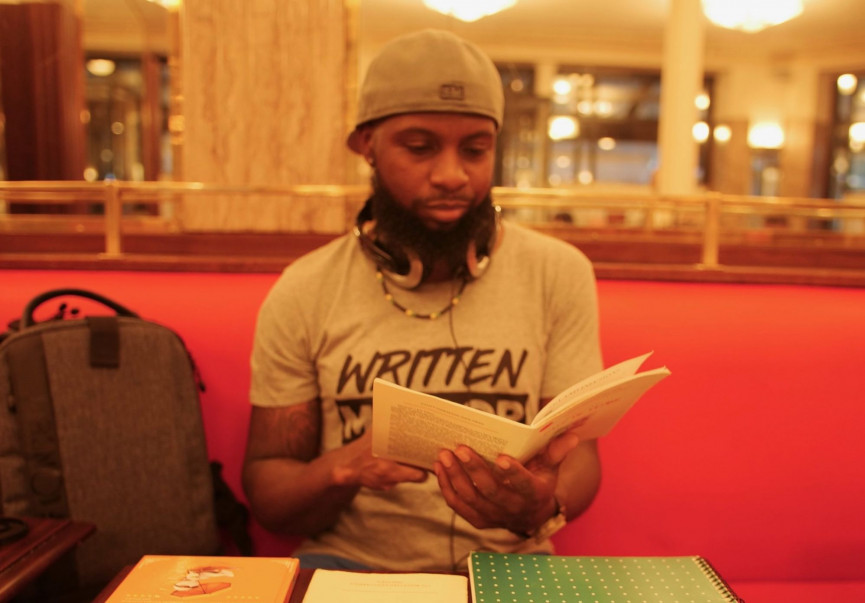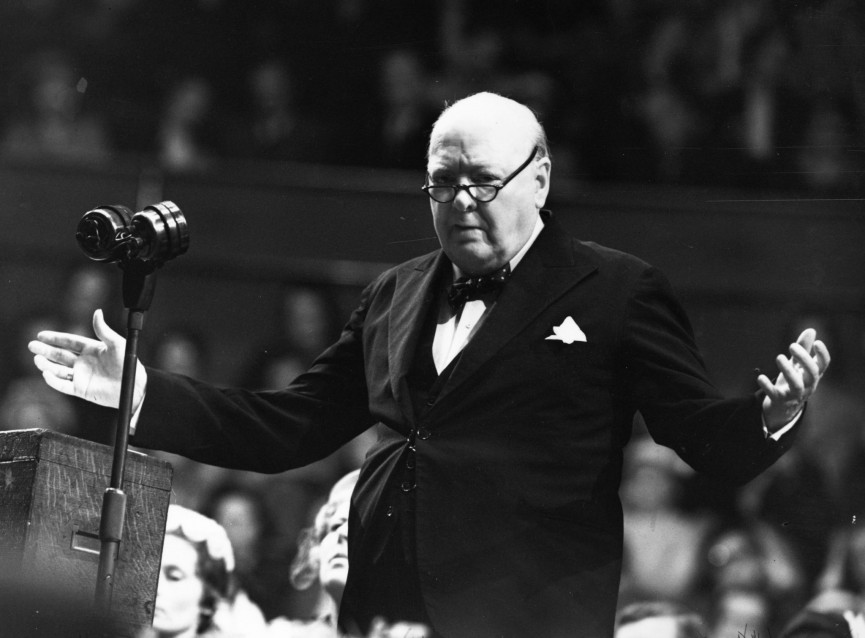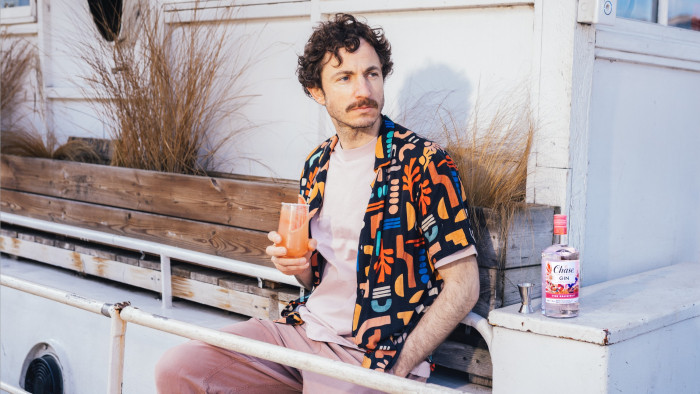Meet the man who sleeps only three hours a night and is somehow both happy and successful
Are you ready to join the exclusive club of the 'sleepless elite'?


What do Winston Churchill, Barrack Obama and Twitter boss Jack Dorsey all have in common?
No, they’re not all members of the Illuminati.
They’re all, in fact, members of the so-called ‘sleepless elite,’ running on just a few hours of shut-eye every night. Surviving on marginal amounts of slumber and still managing to function at the very highest levels.
Their abilities to function on any level all fly in the face of the usual expert recommendations of “working out a routine and sticking to it”, not to mention the NHS recommendations that most adults get up to nine hours of slumber each day.
But what if cutting down on your sleep schedule could actually make you happier and even more successful?
Jay Mullings, a 31-year-old author from London, believes that, at least in his case, that’s certainly true.
“I get a lot done when I stay up and I’ve learned to embrace it,” he tells ShortList. “I’m quite proud of it.
“It works with my lifestyle and being creative. But when I do sleep I think the sleep I get is clearly beneficial to me.”

Super non-sleeper Jay Mullings (pictured, not asleep)
Jay, who gets roughly three hours of sleep per night, admits that he sometimes stays awake for as long as 42 hours.
“And I’ve gone longer than that before,” he says.
“Ever since I was young, I realised I needed less sleep than everyone else. So through my teenage years, growing up in Jamaica, I’d stay up late watching wrestling or the X-Files.
“I still went to school and played sport but I wasn’t tired at all. It’s always been in my back pocket to know that I don’t really get tired.”
Jay, who stays away from caffeine, says he doesn’t have any special tricks to get his energy levels up although he does practise yoga for relaxation and physical fitness.
But has sleeping such little amounts ever had any impact on his mental health? “Zero. None, none at all,” he says.
When Jay does sleep, however, it tends to be between 2am-4am. “I never sleep during the day. If I don’t sleep when it’s dark, then forget it.”
Here’s what he had to say when ShortList called him up.
So what do you fill all this extra time with?
“It could be writing, it could be research, it could be reading, listening to music or watching TV.
“It’s an advantage because when you do the maths, most people are doing at least eight hours at work and then this prescribed eight hours of sleep. That’s two-thirds of your day that you have very little control over.
“That leaves you with just eight hours to go home, cook, go to the gym, do your laundry. You barely have time to pick up a book or to watch a movie.
“It’s these people who feel exhausted and like they’re not getting any joy out of life and it’s because they have such little control over their lives. They’re on autopilot.”

Winston Churchill was reportedly a ‘polyphasic’ sleeper
Would you recommend it to others?
“I’d be cautious because some people might incorrectly identify themselves as being part of the ‘sleepless elite’ when really it’s masking a health issue.
“But if people are honest with themselves and they regularly suffer no ill effects from sleeping six hours, five hours or four hours then, yes, it would be beneficial to use that time more wisely. But I can’t condone people missing sleep if they feel they need it. That’s important.”
So how can us old-school dreamers join this exclusive ‘sleepless elite’?
“It’s just something I do naturally. But I guess you could start waking up incrementally earlier and going to bed incrementally later and you may be able to get there.
“And I don’t believe in snoozing. That’s something you could eliminate, this idea that you wake up and you still need more sleep. That’s what you need to get rid of.”
And now for the expert view…
As tempting as it might sound to cut down on your sleep and bag a load more hours in your day, you might want to first consider the advice from psychologist Audrey Tang.
“I cannot advocate cutting down on sleep. It would be very unhealthy for most people.
“And not sleeping for 48 hours, for most people, would lead to hallucinations, disruptions with eating patterns and then, if it goes on for too long, death. It’s not a healthy state of affairs.”
Audrey, who accepts that there are some examples of people sleeping only a few hours a night including inventor Thomas Edison and wartime leader Winston Churchill, explains they were known to have engaged in something called ‘polyphasic sleep’.
“This involves sleeping for around two hours a night but then having a half-hour nap every six hours or so.
“So the whole thing about polyphasic sleep is that it’s a lifestyle choice.”
But what about if we feel we’re being more productive by cutting down on our sleep?
“I would say, are you definitely sure you’re putting the quality into each of those many tasks? One of the biggest problems is that we take on more and more work and we’re not able to sustain it or to the level we’re happy with.
“It’s all very well saying, ‘I’m doing a billion things,’ but if it’s a billion things not done particularly well then that can be a problem.
“Sometimes we’re driven to do all those things because being busy is the new fashion statement – and also because we feel guilty if we say no or take time for ourselves.”
Audrey, who says there are many reasons why we might not sleep well (stress, depression, anxiety, technology in the bedroom) believes that a full, healthy sleep schedule is an important part of a balanced lifestyle.
“There is nothing wrong with sleep. We lose weight better when we sleep. The body and brain repairs when we sleep. There are many benefits of sleep.
“Get at least seven to nine hours every night – research has made it longer for adults recently.
“I would definitely recommend getting a good night’s sleep.”
- Jay Mullings is the author of The Thought Book 2
(Images: Jay Mullings / Getty)
Latest


Ten things you need to know about Hyrox


Is clubbing actually good for you? We asked an expert


Horticulturist shares tips on how to urban garden
Related Reviews and Shortlists


Best gifts for runners that they'll actually want and use





